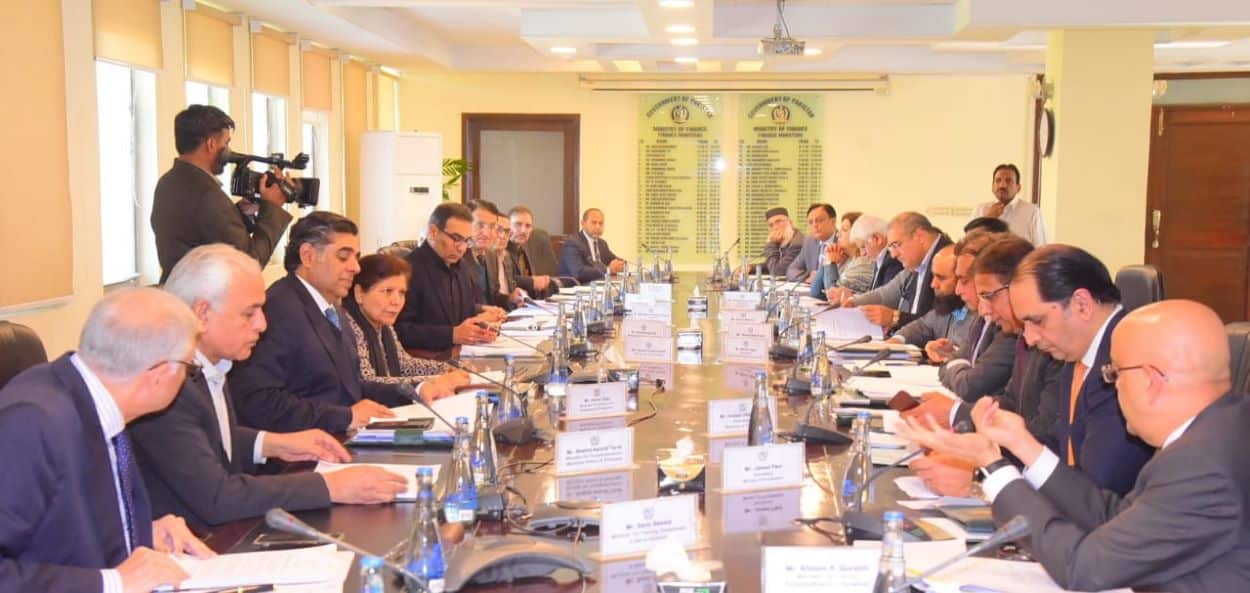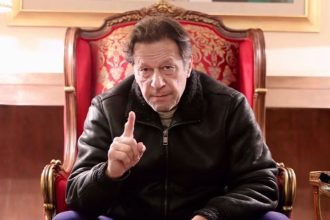The caretaker government announced a gas price increase in response to the IMF’s demands amidst an economic downturn. This adjustment was deliberated by the Economic Coordination Committee (ECC), led by Finance Minister Dr. Shamshad Akhtar, which endorsed a marginal tariff escalation for protected consumers contrary to the suggested 40 to 66.67% surge.
Details of the precise tariff adjustment for protected consumers, categorized under the initial four slabs with usage up to various HM3 levels, remain confined to the interim finance and energy ministers. A senior official involved in the discussions indicated that the federal cabinet would decide.
The revision aimed at easing the proposed tariff for protected consumers will shift the financial impact to the fertilizer sector. This proposition awaits federal cabinet approval, potentially scheduled for Thursday.
The tariff increase aligns with an IMF deadline for structural benchmark criteria, set for February 15, 2024. Notably, the Petroleum Division’s summary exempted certain sectors, including roti tandoors and commercial entities, from this hike.
The ECC approved a tariff rise Rs3,750 per MMBTU for the CNG sector from Rs3,600. The fertilizer sector saw suggestions for Engro and Fauji fertilizers at Rs750 per MMBTU for feed purposes, with implications of the tariff reduction for protected consumers also affecting these plants.
Agritech and Fatima fertilizers witnessed price hikes to Rs1,597 and Rs1,750 per MMBTU for feed and fuel purposes, respectively. Non-protected domestic consumers face a 5 to 66.67% tariff increase, with specifics detailed across various consumption levels, leading to significant rises in costs for higher usage brackets.
The ECC’s decision marks a significant shift in gas pricing, impacting a broad spectrum of consumers and sectors as the government navigates fiscal challenges imposed by international financial obligations.






